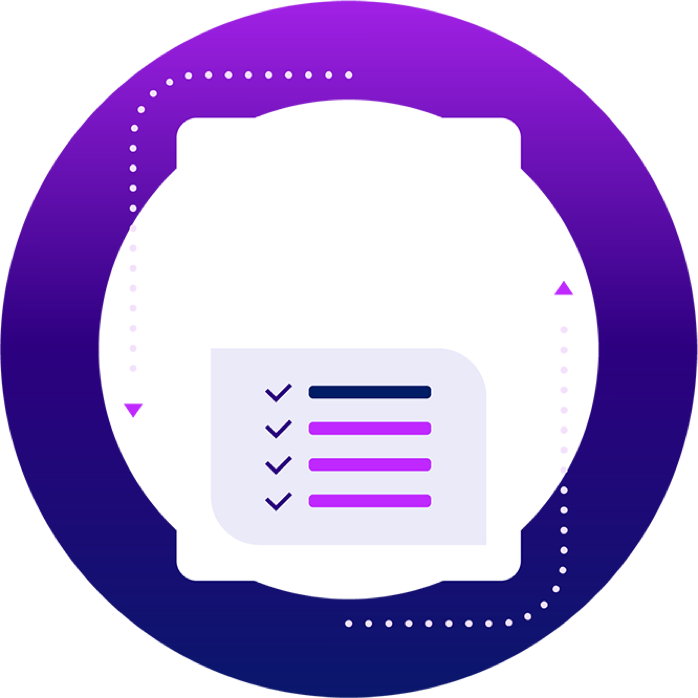Telecommunications Companies That Must Register with The Ohio Department of Taxation
Telecommunications companies operating in Ohio must be registered and have a certificate issued by the public utilities commission. Businesses with a physical presence must obtain a vendor’s license by establishing an account with the Ohio Business Gateway prior to applying for a license or applying for the license with a county auditor.
Out-of-State entities must register for a seller’s use tax account through the Ohio Business Gateway, or through the Streamlined Sales Tax Registration System (SSTRS). There is a $25 license fee required to this tax authority. Ohio participates in the Streamlined Tax Agreement which makes the process of collecting and remitting sales taxes to those states under the agreement easier.
New business entities must also register to become recognized as legal business entities within the state. This takes place with the Secretary of State.
Sales & Use Tax In Ohio
- There is more than one combined sales and use tax rate in four Ohio counties: Fairfield, Delaware, Union, and Licking. There is also a federal excise tax on public utilities subject to this tax including local telephone companies. In the state of Ohio, there are also state rates and local rates to remit, in addition to a tax schedule on when taxes must be paid. There are differences in the sales and use tax:
- Sales tax is assessed for entities making retail sales or making taxable purchases where tax has not been paid. Use tax is usually applied only to those vendors and entities where purchases have been made from non-Ohio vendors and no sales tax has been paid.
- Ohio follows the Universal Service Fund (USF) that makes basic telecommunications phone service more affordable for low-income consumers, creating comparable rates for everyone. There are state universal fees, including 911 fees that are regulated and must be reported to the Federal Communications Commission. These fees are outlined on monthly bills.
- The Public Utilities Commission of Ohio regulates local landline service and in-state long-distance company calls. For calls beginning or ending outside of Ohio, the Federal Communications Commission takes over. Wireless service is also regulated by the Federal Communications Commission, with the Public Utilities Commission of Ohio registering wireless service providers.
- There are several ways to remit sales and use tax in the state of Ohio, including an ACH Debit, a Credit Card (a convenience fee is assessed), or an ACH Credit. To complete an ACH credit, the entity must be registered with the Treasurer of State at eft.tos.ohio.gov, or by calling the number for more information.
Renewal for Ohio Telecommunications Companies
There are no annual renewals required for the Vendor’s License, but entities must contact the Department of Taxation if ownership changes, there are additional locations added, the mailing address changes, or the business is shut down.
Telecom Tax Exemptions in Ohio
The sales and use tax does not apply to communications services provided by telegraph companies.
Telecommunications service vendors, mobile telecommunications service vendors, or satellite broadcasting service vendors qualify for sales tax exemptions for those services used directly and primarily in the transmission, receiving, switching, or recording of any interactive one- or two-way communication. The use of equipment determines how it will be taxed. There are certain guidelines set by the FCC that must be followed.
There are some exceptions to these rules.
Local exchange telephone companies that have taxable nexus with the state and have payroll, property, or sales in a municipality that has established a municipal income tax are subject to paying taxes under the revised code. This is enforced by the Ohio Department of Taxation.
It is necessary to do research on whether the company falls under the Nexus laws as changes occur periodically.
How to File a Voluntary Disclosure Agreement in Ohio
The sales and use tax voluntary disclosure agreement (VDA) in Ohio is for entities and taxpayers who volunteer to comply with the tax laws without penalty. They must submit a written disclosure request prior to being contacted to be considered eligible for the program. They must not have been contacted for any compliance, audit, or criminal investigations.
- The entity must have a sales or use tax liability for certain prior periods and be willing to register with the department.
- If an entity has been collecting sales tax but not remitting it, the lookback period has no limitations, and the entity may also be assessed a 10% penalty.
- If the tax is due on purchases, but not remitted, the lookback period is 36 months prior to requesting voluntary disclosure. The lookback period may change based on certain variables.
This is advantageous for those entities, as the agreement waives both civil and criminal penalties on tax collected but not remitted. Additionally, the identity of the entity will not be divulged and can remain anonymous.
The process begins with the SUT Voluntary Disclosure Agreement Checklist.
- This checklist helps entities with acquiring and tracking what they need for the process. Once the agreement application has been completed and accepted, they have 60 days to complete, sign, and return the agreement, register with the department at business.ohio.gov, and comply with all rules and regulations associated with the VDA.
- This includes remitting a check for the amount due. The department then returns a signed copy of the agreement.
All forms, questions and answers, Sales and Use Tax Spreadsheets, and the current tax rates can all be found online. There are other special VDA programs available for specific businesses.

Conquer Ohio Telecom Tax Requirements
For help registering, reporting, recording, or the management of Ohio's Telecom Tax process for communication services, contact the team at FAStek.
Our experienced agents have worked with many telecommunications companies in Ohio, and have the expertise to help you conquer communications tax once and for all.

